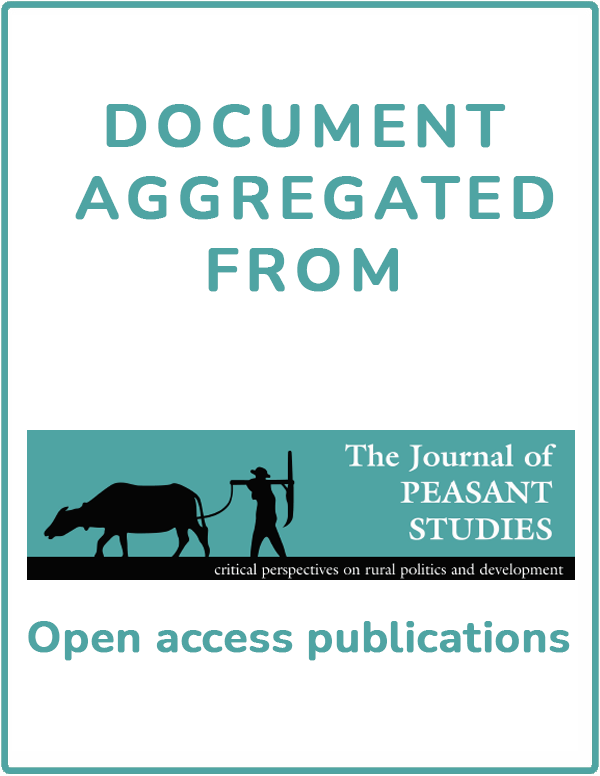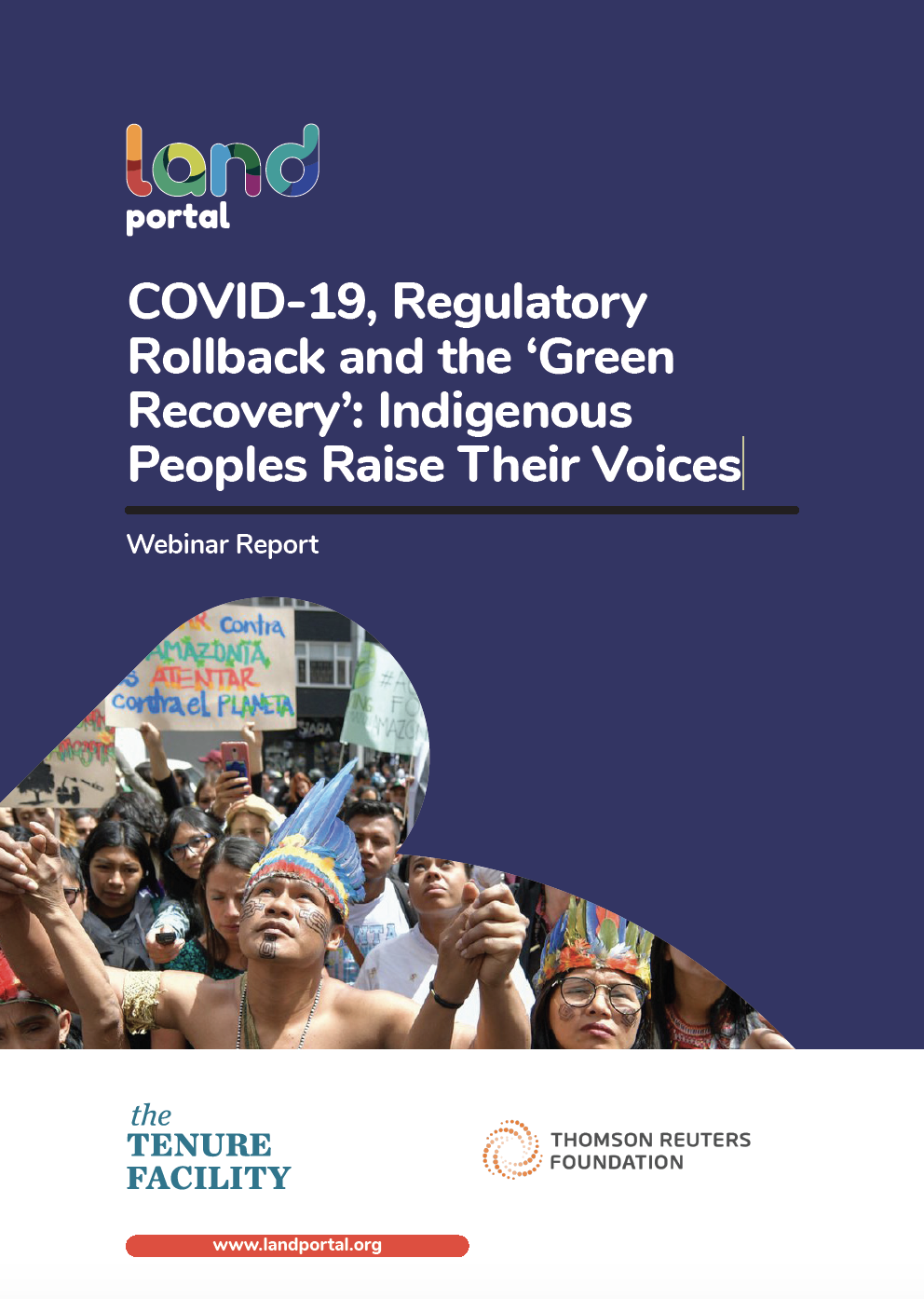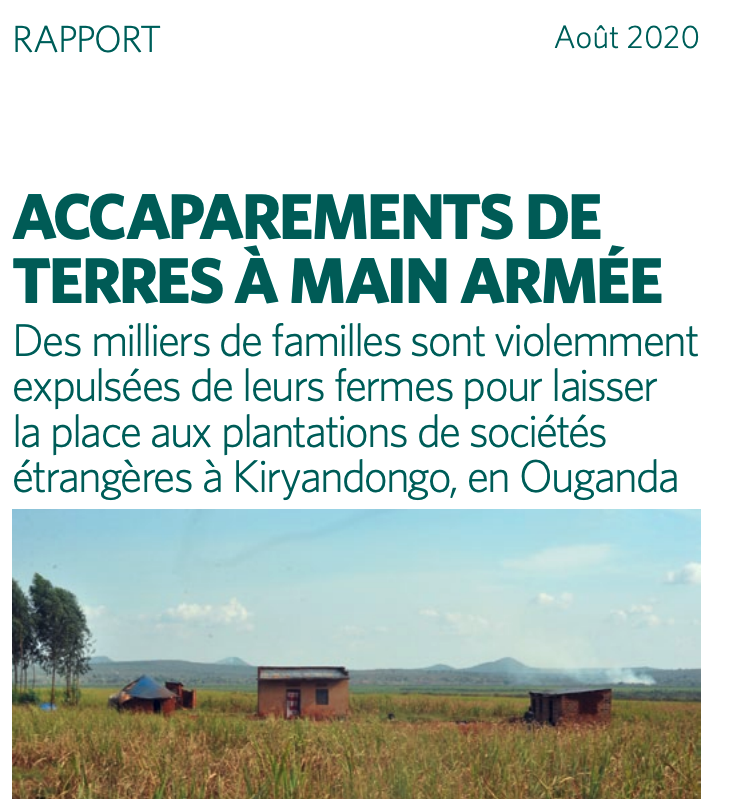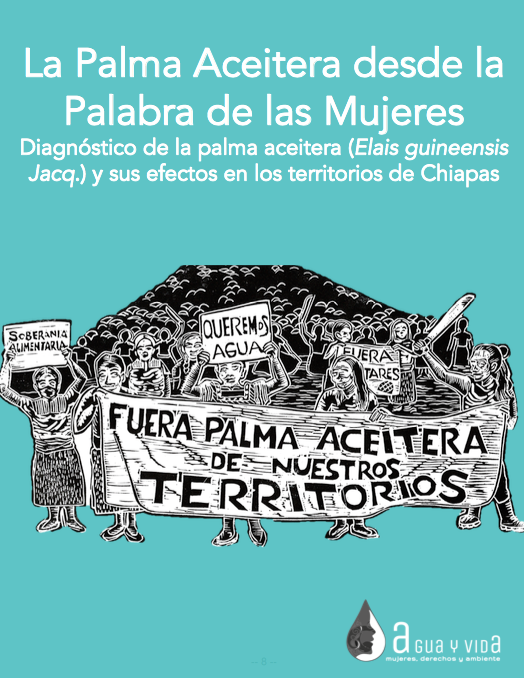Towards sustainable palm oil production: the positive and negative impacts on ecosystem services and human wellbeing
Palm oil is an important commodity contributing to livelihoods of many communities, GDP of governments and the achievement of several sustainable development goals (SDG) including no poverty, zero hunger, and decent work and economic growth. However, its cultivation and continuous expansion due to high and increasing demand has led to many negative effects and subsequent calls to make production sustainable. To this end, information is needed to understand the negative and positive impacts on both the environment and human wellbeing to respond appropriately.










